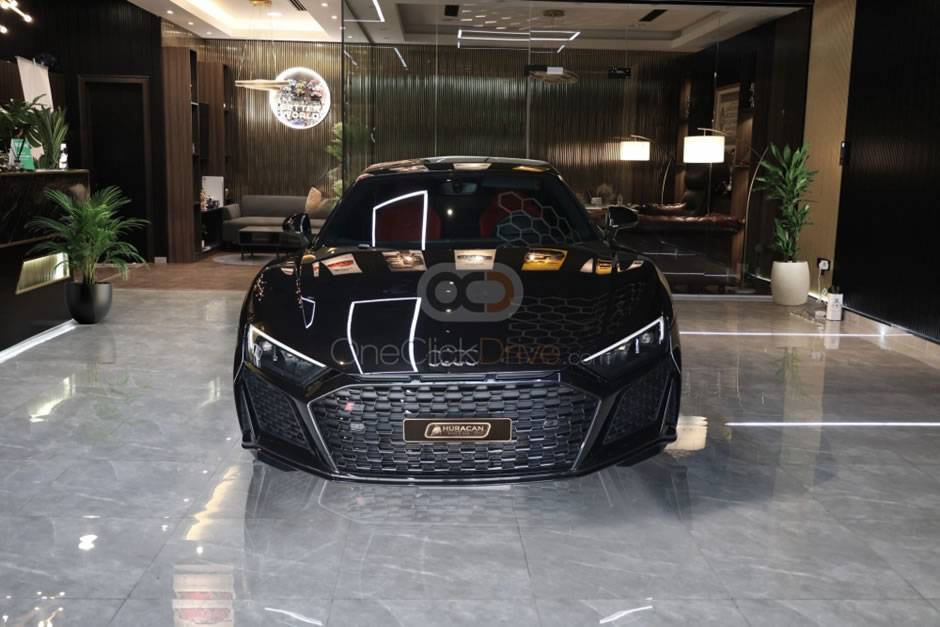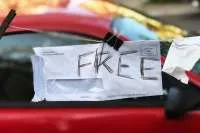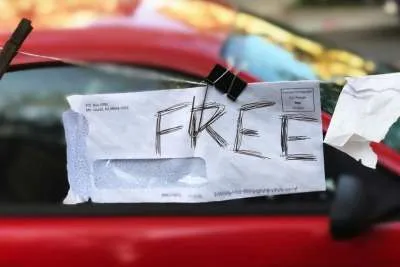Understanding insurance costs for UAE second hand cars
- 21-06-2025
- Business
- collaborative post
- Photo Credit: One Click Drive
Buying the cheapest second hand cars in Dubai is exciting and affordable. However, before making your final decision, there is one very important thing to consider: the cost of insurance. Not only is it a legal requirement under UAE law, but insurance also takes up a substantial portion of your expenses as a vehicle owner.
Knowing how insurance works, what affects its cost, and how to make an informed decision will help you get the best deal while ensuring peace of mind.
How Insurance for UAE Second-Hand Cars Works
Car insurance in the UAE is commonly available in two forms: third-party liability and comprehensive coverage.
- Third-party Liability Insurance: This is the minimum legal requirement. It covers damages to other vehicles, property, or injuries caused by the insured driver. However, it does not cover damages to your own car.
- Comprehensive Insurance: It caters to third-party damages and provides cover for your own car against accidents, theft, fire, and natural calamities. Comprehensive insurance is preferred more for higher-value second-hand cars.
Thus, the purchase of UAE 2nd-hand cars involves considering what type of coverage one must secure for a car, depending on the age, value, and condition of the vehicle. Thus, for export cars Dubai, a comprehensive coverage would be better because the car is very popular and quite reliable.
Insurance Factors Affecting Second-hand Cars
Numerous factors impact insurance costs related to a second-hand car in the UAE:
- Age of the Vehicle: The older the vehicle, the higher the premium, as it is more prone to breakdowns and even repairs are costlier. However, newer second-hand vehicles might have better safety features, which may help bring down premiums.
- Value of the Car: The market value of the car is a major factor in determining the insurance cost. Obviously, premiums for luxury cars or high-performance cars are going to be much higher than those for standard models.
- Driving History: The insurance companies have gone through the record of the driver. A good driving history can result in low premiums, while one with accidents or traffic tickets ends up paying more. How your car is used and for what purpose will go a long way in determining your premiums. Cars used for daily commutes may attract higher premiums than those driven occasionally.
- Accident History: The insurers attract higher premiums if the car has been in many accidents or claims.
- Mileage: The higher the mileage of a vehicle, the more it has been subjected to wear and tear. Therefore, its insurance premiums would also rise.
Tips to Lower Second-hand Car Insurance Premiums
- Compare Prices: Use online forums to compare Prices from various insurance providers. This will guarantee you get the best deal for your second-hand car.
- Choose the Right Coverage: Although comprehensive insurance offers more coverage, it's pertinent to consider whether third-party liability insurance would suffice for your needs.
- Negotiate with Insurers: Try negotiating with the insurance company while purchasing via a dealership. Most have links with providers and may have a few discount hooks to offer.
- Raise Your Deductible: You can save on premiums by raising the deductible, that is, the amount you pay before insurance takes over. Just make sure you can afford the deductible amount.
- Keep a Good Driving Record: Keep clear of traffic tickets and accidents to qualify for reduced premiums in the long run.
- Buying from Reputable Dealers: This is important since you will end up with a well-maintained vehicle that has no hidden accident history. Services like OneClickDrive help to connect buyers with trusted dealers who sell quality 2nd-hand cars in the UAE at competitive prices.
How Insurance Affects Your Buying Decision
Understanding insurance costs is crucial when budgeting for a second-hand car. While the upfront cost of a vehicle might be appealing, higher insurance premiums could offset the savings. For instance, if you’re eyeing a second-hand Honda Accord in Dubai, check its insurance premium beforehand. The Honda Accord is a popular choice due to its reliability and cost-efficiency, but its insurance cost can vary depending on factors like mileage and condition.
Also, look for vehicles with better safety records and a lower record of claims, which will cut down on the cost of insurance premiums. There may also be a premium discount offered on cars with advanced safety features such as anti-lock braking systems (ABS) and airbags.
Conclusion
Before buying a car, it is best to understand not just the initial purchase cost but also its long-term commitments, such as insurance and repairs. This will give you an overall insight as to whether you can afford it in the long run. Insurance is something that you cannot avoid; hence, it's best to thoroughly understand the different packages and why you need them before buying a car.


























































